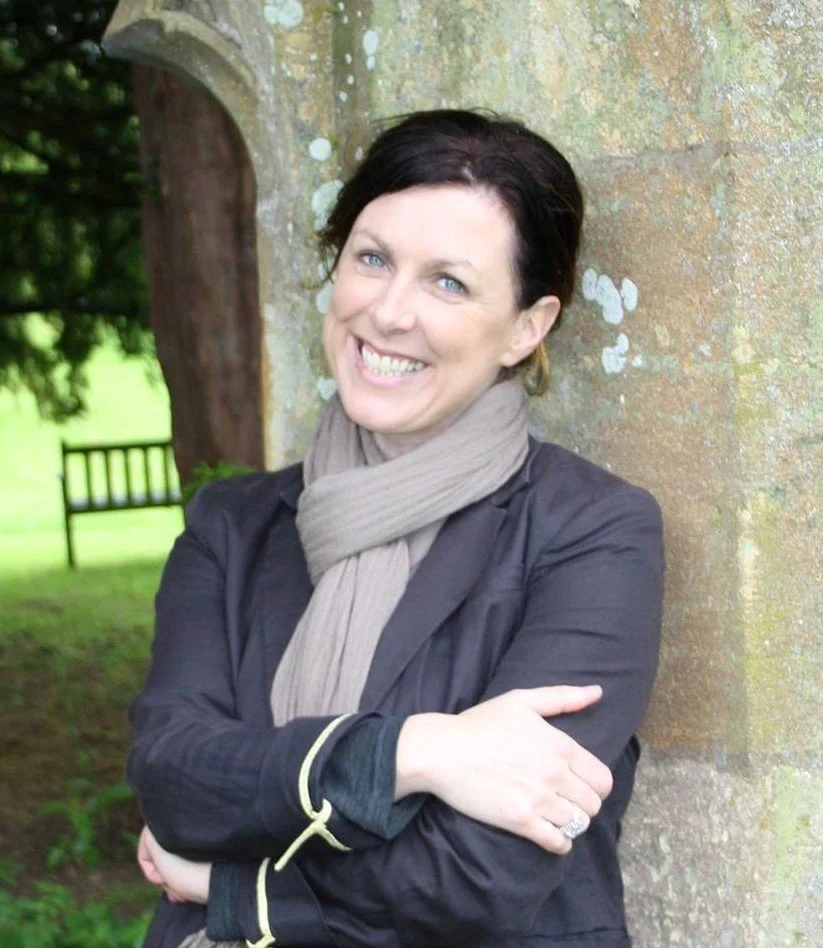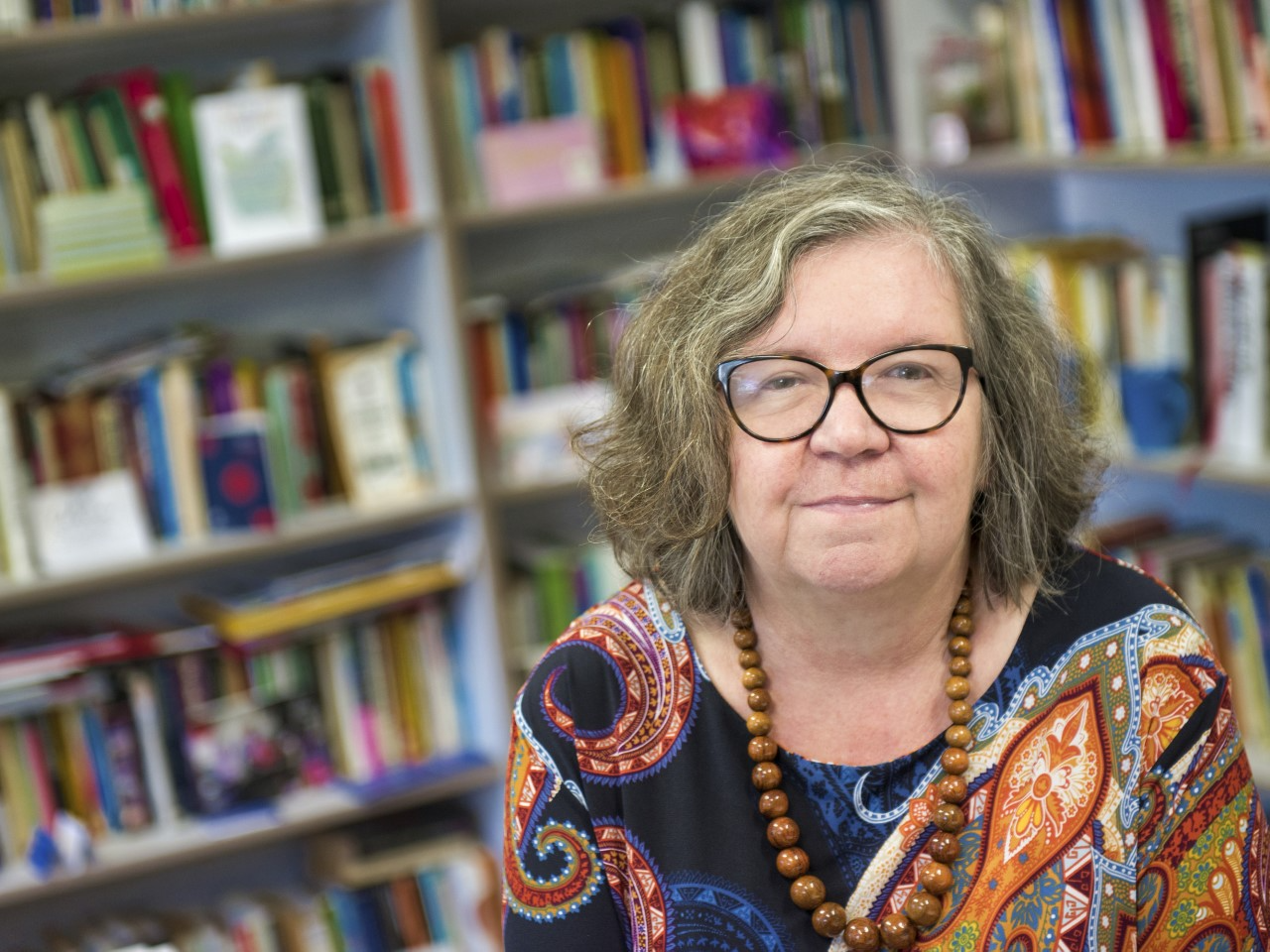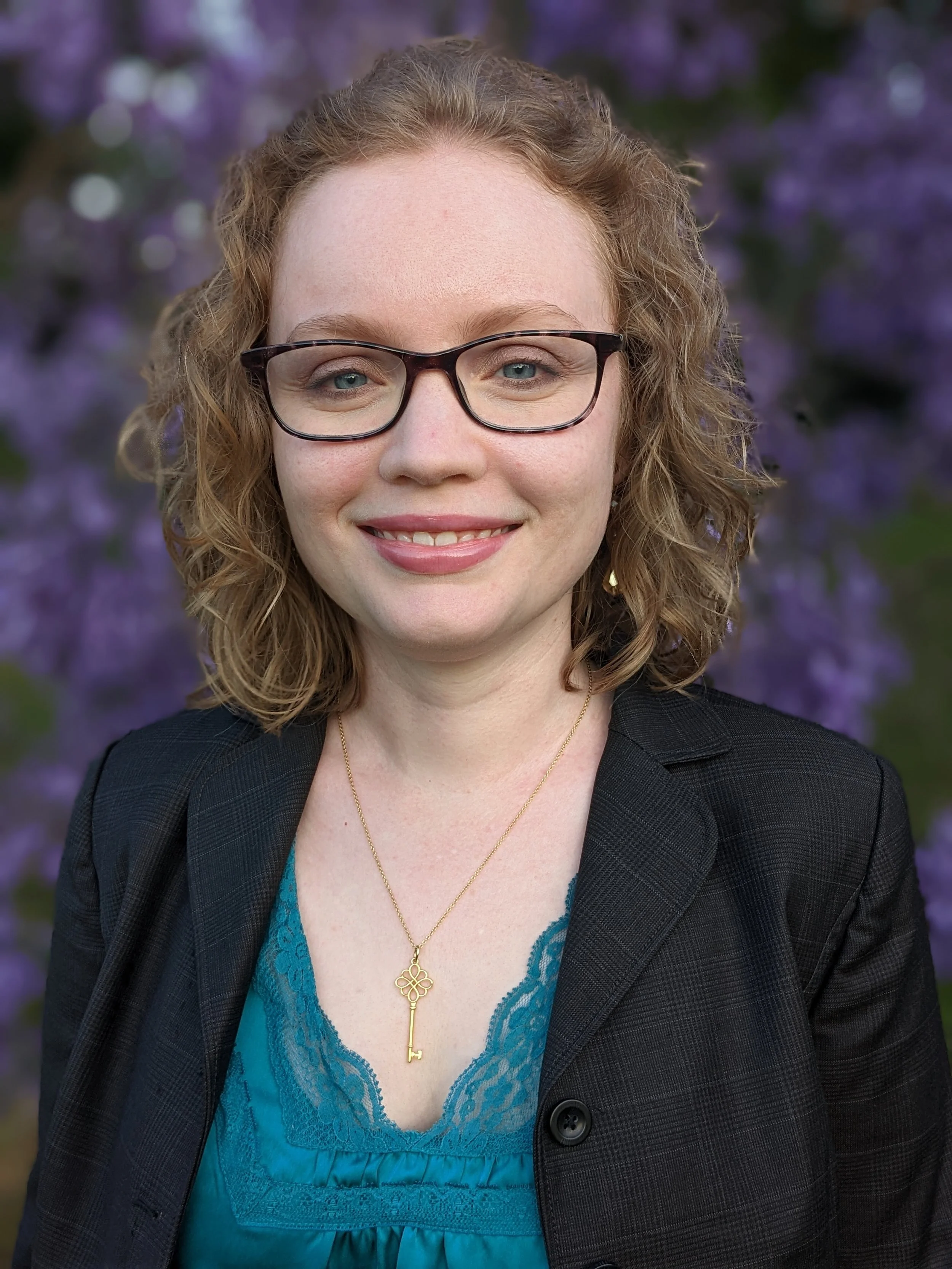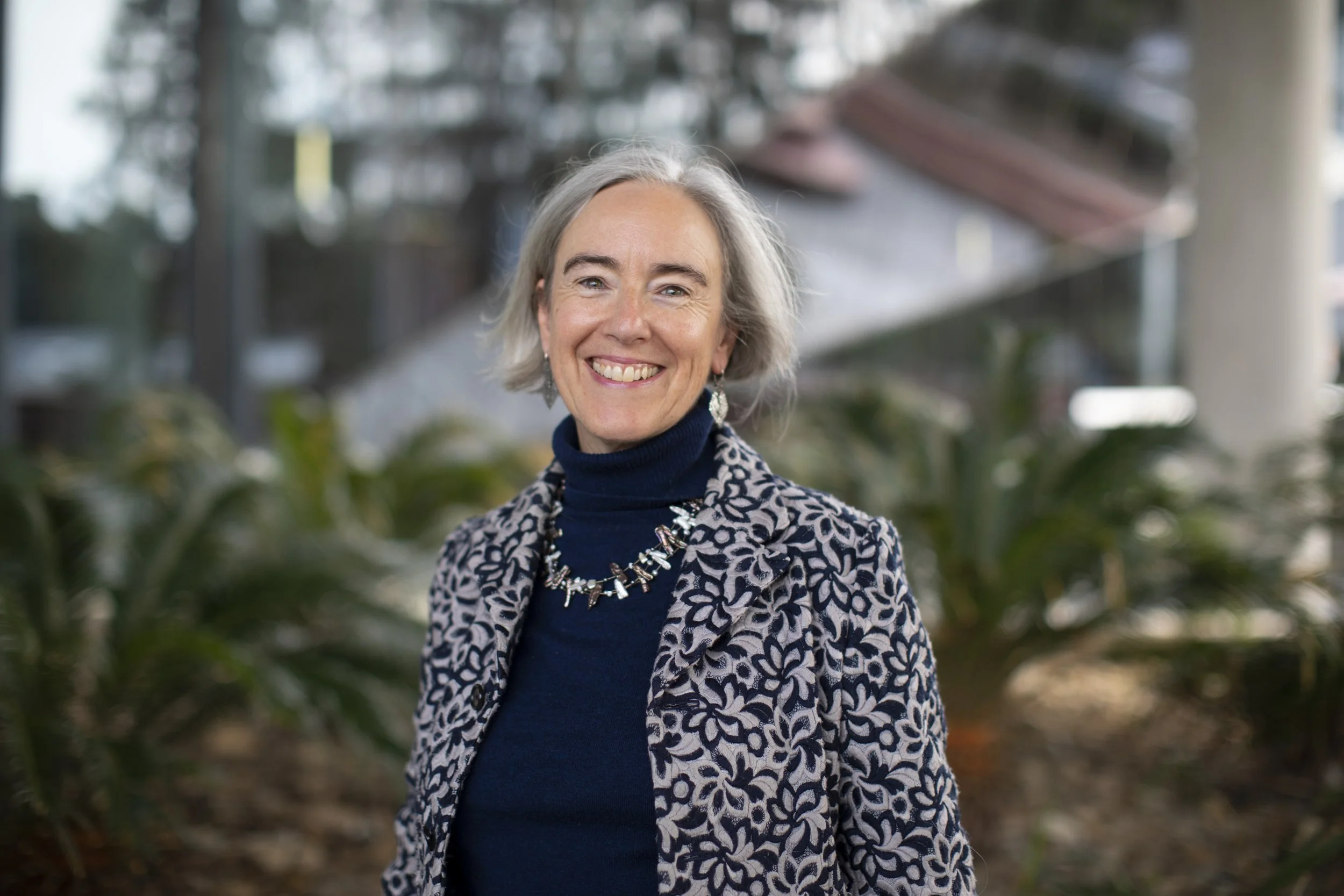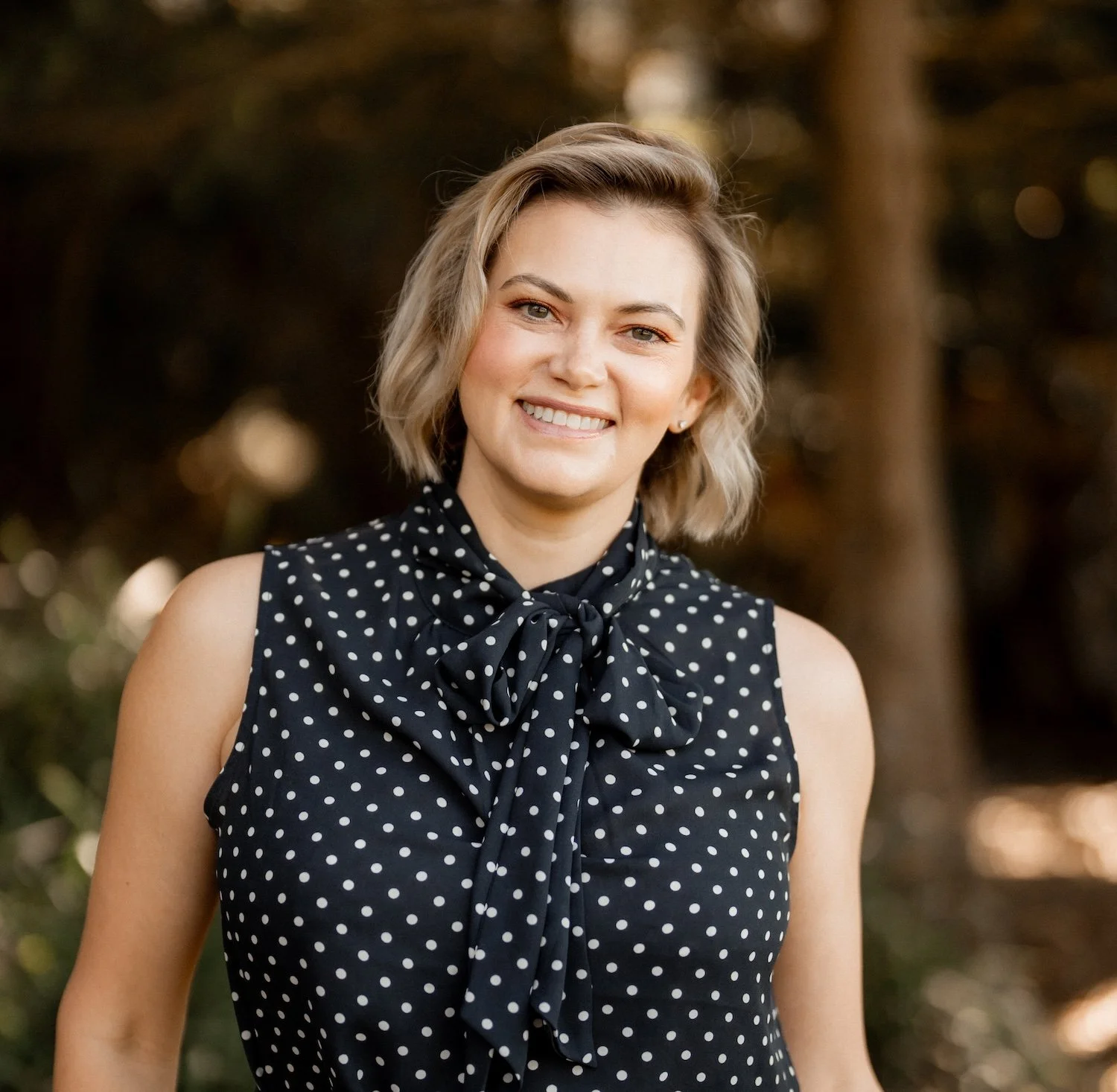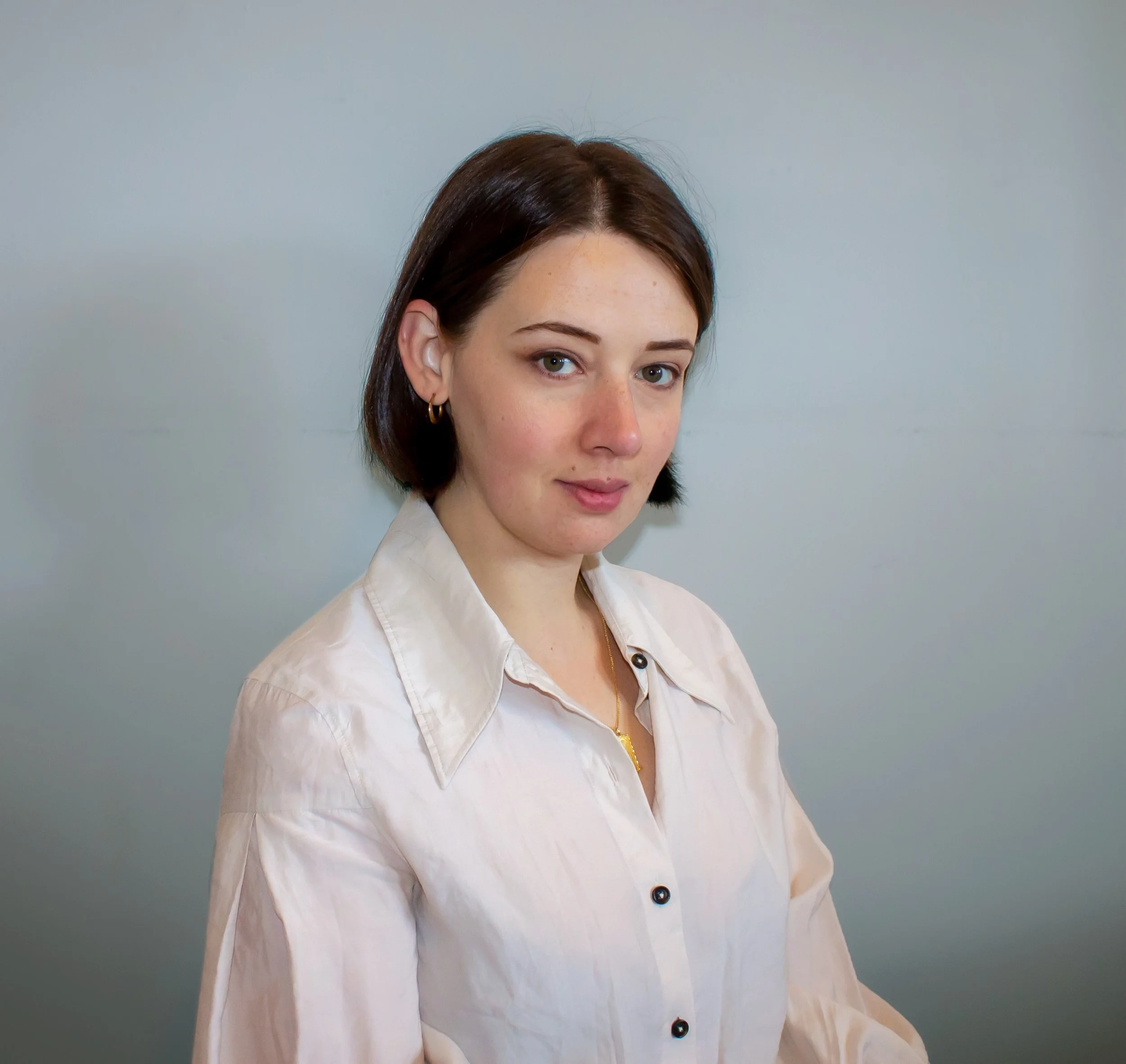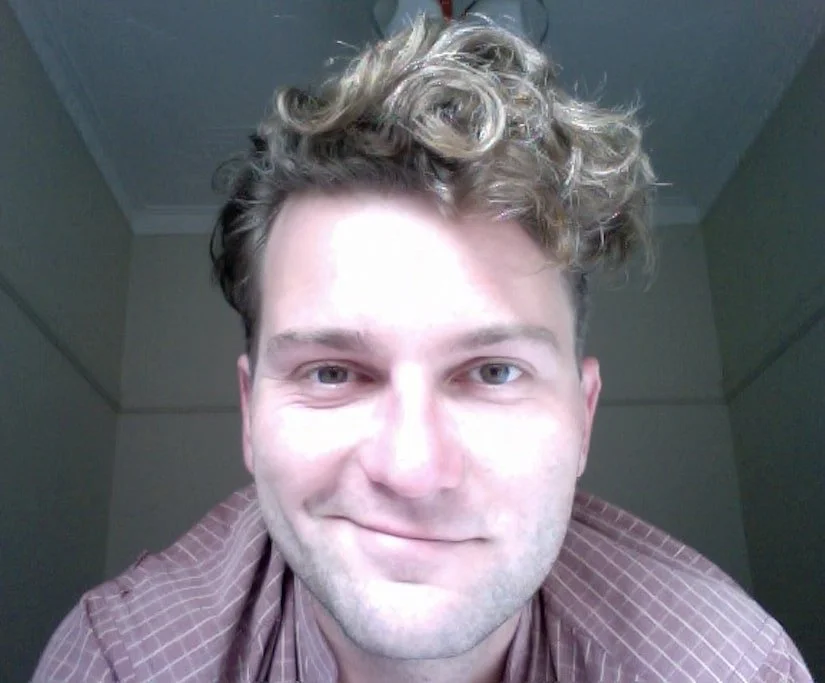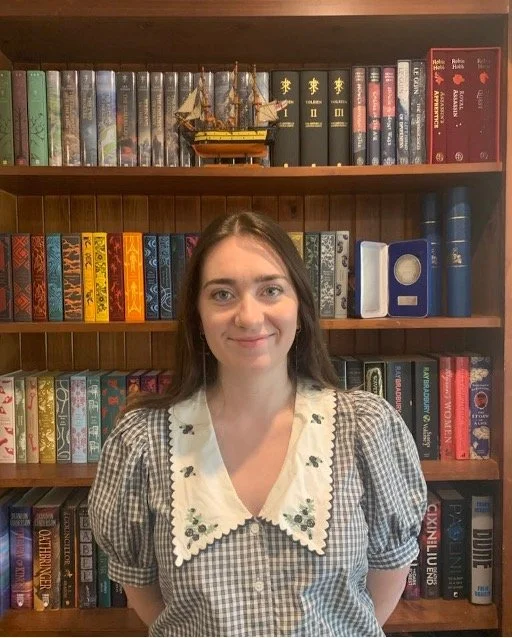Our Team
Sharon Crozier-De Rosa
Chief Investigator
Sharon Crozier-De Rosa is an Associate Professor in History at the University of Wollongong. She is Deputy Editor of the journal Women’s History Review, Board Member of the International Federation for Research in Women’s History, Vice President of the Irish Studies Association of Australia and New Zealand, and Co-Director of the Centre for Colonial and Settler Studies (UOW). Her research on transnational gender history has also been awarded: State Library of New South Wales Visiting Scholars Program (2023); National Library of Australia Fellowship (2020); Alfred Deakin Postdoctoral Fellowship (2011-12); and Australian Women’s History Network Mary Bennett Prize (2010). She blogs at https://sharoncrozier-derosa.com/.
Her books include Remembering Women’s Activism (with Vera Mackie, 2019), Shame and the Anti-Feminist Backlash: Britain, Ireland and Australia, 1890–1920 (2018), Sources for the History of Emotions: A Guide (with Katie Barclay and Peter Stearns, 2020), and On Behalf of the People of Ireland: Celebrating the 75th Anniversary of Irish-Australian Diplomacy (with Jeff Brownrigg, 2022).
Vera Mackie
Chief Investigator
Vera Mackie is Emeritus Senior Professor at the University of Wollongong, Australia. Recent publications include IVF and Assisted Reproduction: A Global History (2020, with Sarah Ferber and Nicola J. Marks); The Reproductive Industry: Intimate Experiences and Global Processes (2019, with Nicola J. Marks and Sarah Ferber); Remembering Women’s Activism (2019, with Sharon Crozier-De Rosa); The Social Sciences in the Asian Century (2015, with Carol Johnson and Tessa Morris-Suzuki); The Routledge Handbook of Sexuality Studies in East Asia (2015, with Mark McLelland); Gender, Nation and State in Modern Japan (2014, with Andrea Germer and Ulrike Wöhr); Feminism in Modern Japan: Citizenship, Embodiment and Sexuality (2003); and Gurōbaruka to Jendā Hyōshō [Globalisation and Representations of Gender] (2003). Vera is an active contributor to such publications as Australian Outlook, History Workshop Online, Intersections: Gender and Culture in Asia and the Pacific, Japan Focus, and VIDA: Blog of the Australian Women’s History Network.
Ana Stevenson
Chief Investigator
Ana Stevenson is an Adjunct Senior Research Fellow in the Centre for Heritage and Culture at the University of Southern Queensland, Australia, and a Research Fellow of the International Studies Group at the University of the Free State, South Africa. Her first book, The Woman as Slave in Nineteenth-Century American Social Movements (2019), was published with Palgrave Studies in the History of Social Movements. Ana’s research about transnational social movements has also appeared in journals such as Cultural & Social History, Gender & History, and the Women’s History Review. Her 2018 journal article in the Pacific Historical Review was awarded the 2019 W. Turrentine Jackson (Article) Prize by the Pacific Coast Branch of the American Historical Association and the 2019 Covert Award by the History Division of the Association for Education in Journalism and Mass Communication. Ana is the founder and managing editor of VIDA: Blog of the Australian Women’s History Network, established in 2016. Since 2015, Ana has also been the co-convenor of a digital humanities initiative about transatlantic women’s suffrage postcards, The Suffrage Postcard Project.
Andrea Witcomb
Chief Investigator
Andrea Witcomb is an Alfred Deakin Professor in Cultural Heritage and Museum Studies at Deakin University. She is also the Associate Dean Research for the Faculty of Arts and Education.
Known for her work on museums and heritage places as sites for cross-cultural exchange, the representation of migration histories and cultural diversity and the role of multimedia in exhibitions, Andrea has also been developing her interest in the history of collecting practices. She has been the lead CI on a number of ARC projects related to these themes, including LP0219720 Place, taste and tradition: a history of ideas about heritage and the built environment in Western Australia, DP1201100594 Collecting Institutions, cultural diversity and the making of citizenship in Australia since the 1970s, co-lead on LP160100078 Collecting the West: Reimagining Western Australia from its collections, and more recently a CI on LP 210300960 Mobilising Dutch East India Company collections for new global stories.
Lauren Samuelsson
Research Assistant
Lauren Samuelsson holds a PhD in history and is an Associate Lecturer at the University of Wollongong, Australia. Lauren’s research interests include cultural history, the history of food and drink, the history of popular culture and gender history. Her PhD thesis considered the influence of the Australian Women’s Weekly magazine and cookbooks on the development of Australian food culture from the 1930s to the 1980s. She has also worked on the social and cultural history of liquor legislation in mid-twentieth century New South Wales.
Lauren’s award-winning academic work has been published in History Australia and Australian Historical Studies. Her work as a digital curator and web designer for the online exhibition Ayahs and Amahs: Transcolonial Journeys won the 2022 History Council of New South Wales Addi Road Award for Multicultural History and was shortlisted for the 2023 NSW Premier's History Awards in Digital History. She has also published in The Conversation, is a regular guest on ABC Radio, and was a subject expert in the documentary series Great Australian Stuff (ABC, 2023).
Evangeline Jarman
Research Assistant
Evangeline Jarman is a museum researcher and curator whose work examines how cultural institutions collect and curate voices of testimony. She recently submitted her PhD in museum studies at Deakin University, where her research explored how Australia’s Holocaust museums mediate the transmission of survivor voices in a post-survivor era. Her work traces the curatorial, technological, and interpretive practices that shape testimony as both evidence and affective encounter.
She has worked as a curator with the Western Australian Museum, where she led the curation and development of Hanekamp Online, a digital platform for one of the State’s largest philatelic collections. Her broader interests include digital histories and curation, and the ethics of mediation in memory work.
Evangeline has presented her research at national and international forums including the Memory Studies Association (UK), the Multicultural Museums Workshop (Melbourne), and the Australian Association for Jewish Studies. In 2025 she published an article on Jewish émigré cultural life in Western States Jewish History and has also contributed as a peer reviewer for the Journal of Sociology.
Laszlo La Marque
PhD Candidate
Laszlo worked in the public and private sectors for two decades before taking his degree in History. His Honours thesis, Ethereal Material: Monuments, Memories, Museums, and Mobs (2023), considered the effectiveness of protests based on positive emotions in rewriting existing memories, challenging the nature of collective memory production.
He is now a doctoral candidate with the ARC DP ‘Archiving Social Movements & Building Historical Literacy for a Digital Age’ (DP230100875). Laszlo’s research looks to develop these themes by asking how social movements create born-digital archives that preserve the memory of their activism, and how they ‘re-story’ those archives to shape the movements’ evolving identities. He is supervised by Associate Professor Sharon Crozier-De Rosa and Professor Emeritus Vera Mackie.
Rachel Macpherson
PhD Candidate
Rachel Macpherson is a PhD candidate at the University of Wollongong, Australia. Her thesis focuses on Australian and American women’s nationalisms from 1880 to 1914. It compares four sites — South Australia, Victoria, Colorado, and Washington state — where women’s enfranchisement was in a state of flux during this period. Her research uses interdisciplinary concepts such as emotions, identity, and place, to understand women’s connections or disconnections to communities or political entities, such as states, regions, nations, and empires. Rachel seeks to illustrate the complexities and connections between nationalism, suffragism, and affective citizenship.
Past Members
Matilda Hatcher
PhD Candidate
Matilda Hatcher is a PhD candidate in the School of History of the Australian National University, Canberra. Her research focuses on men and masculinity in the British Royal Navy during the French Revolutionary and Napoleonic Wars. She is currently undertaking a history of emotion, unpacking the interactions between masculine ideals and sailors’ lived experiences of combat. Through this project she seeks to illuminate the nuances of men’s wartime emotions in the late-eighteenth and early-nineteenth centuries.
Her Honours thesis, which was awarded the Mick Williams Prize in History and University Medal, focussed on war-related disability, examining British naval manliness and impaired bodies in visual culture during the French Wars. In addition to her work on Archiving Social Movements, Matilda is an editor of the ANU Historical Journal II.
